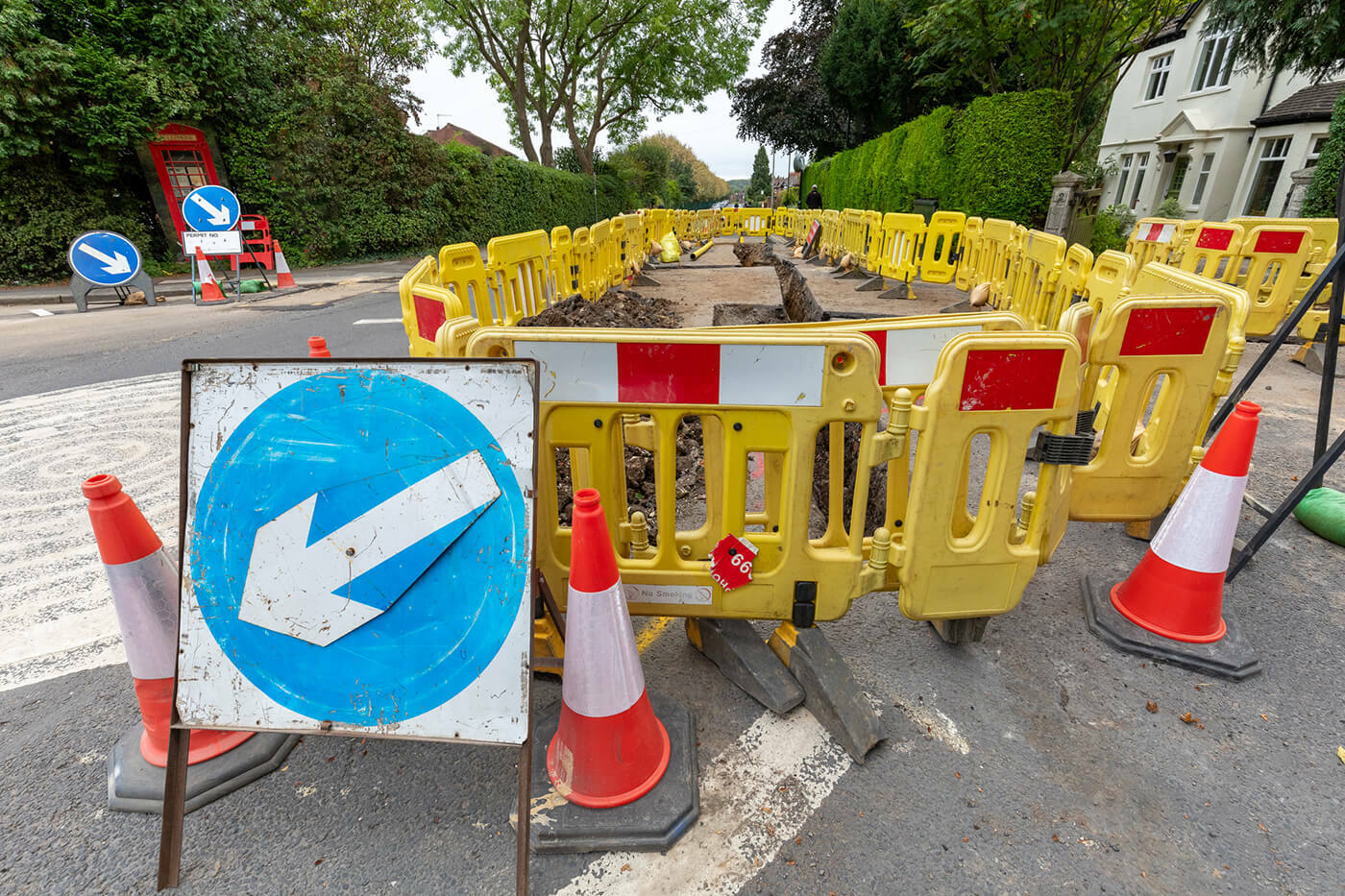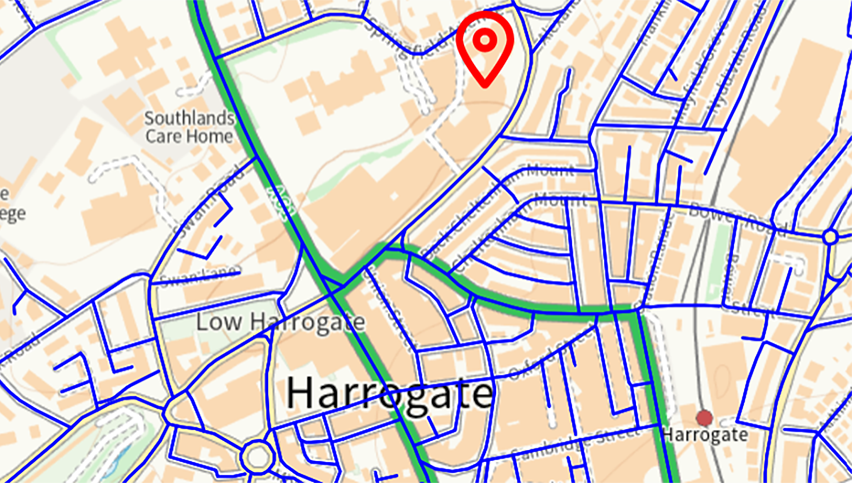Managing road and street works efficiently is vital for supporting healthier communities and reducing carbon emissions. Congestion doesn’t just delay journeys; it generates excess carbon emissions, diminishes air quality, and adds stress to daily life. As Sam Guiver, Vice Chair of JAG (UK) and Network Assurance Manager at Suffolk County Council, highlighted at the recent GeoPlace annual conference, local authorities must actively coordinate road networks to prevent unnecessary traffic buildup.


Local councillors have a strong interest in alleviating congestion and improving traffic management due to its significant impact on the health, safety, and well-being of their communities.
The impact of congestion reaches far beyond frustration for drivers. It directly affects public health, road safety, and economic activity. Highways authorities have a duty to manage road capacity effectively, ensuring the swift completion of essential works, which is where GeoPlace’s support for authorities plays an invaluable role.
A strategic approach to reducing congestion
GeoPlace provides highways authorities with support through data management and consultancy services, empowering them to reduce the impact of roadworks. Phil Cameron, Traffic Manager at Gloucestershire County Council, emphasises the importance of efficient traffic management: “Congestion and air pollution are both big ticket items here,” he says. “The aim of our permit scheme with roadworks management is to reduce the number of days it takes to complete works. Our ideal situation is to allow the essential works to happen in the shortest time frame.”
One key tool in this effort is the use of permit and lane rental schemes, allowing local authorities to manage streetworks with greater efficiency. By charging utility companies for occupying road space during peak hours, these schemes encourage faster completion of works and reduce disruption. GeoPlace has worked with several councils, including Durham County Council, Somerset, Bath and North East Somerset, Dudley, York and Gloucestershire and East Sussex County Council, to implement such schemes, making use of enhanced datasets and local gazetteers to monitor traffic flow and manage high-impact areas.
The role of lane rental schemes in traffic management
Sam Guiver points out that lane rental schemes have transformed how local authorities manage street and roadworks. By charging work promoters for occupying busy roads at peak times, local authorities incentivise quicker completions and better planning. These schemes, supported by highways authorities own accurate local street gazetteers, enable utility firms and contractors to plan their works efficiently and reduce unnecessary delays.
Lane rental schemes also offer a strategic way to minimise traffic congestion. By targeting specific high-impact areas and optimising the timing of roadworks, local authorities can reduce the cumulative effect of works on residents and commuters.

Tackling congestion with smarter data
To support these efforts, GeoPlace works closely with local authorities and utility companies to provide them with the tools to better manage streetworks. As the custodian of the National Street Gazetteer (NSG), GeoPlace provides a free to use API to the NSG called DataVia which enables authorities to manage roadworks in a more coordinated manner and link together other streets related datasets.
In addition to streetworks, GeoPlace plays a pivotal role in reviewing traffic-sensitive streets. By identifying key junctions, bus routes, and emergency service paths, GeoPlace helps local authorities prioritise areas for improvement. This holistic approach to traffic management ensures that disruptions are minimised and that communities benefit from smoother, more reliable journeys.
Reducing congestion for a healthier future
The fight against congestion is also a fight for healthier communities. By improving road efficiency, reducing emissions, and minimising disruptive road works, local authorities can improve the quality of life for residents. As Guiver emphasises, reducing congestion could even encourage a modal shift—encouraging more people to walk, cycle, or take public transport instead of driving. This shift not only relieves the burden on road networks but also contributes to reducing long-term congestion and environmental impacts.
GeoPlace’s work with local authorities across the UK is a crucial part of this effort. From permit schemes to lane rental and traffic-sensitive reviews, the company provides the tools and expertise needed to keep streets moving, reduce congestion, and support a healthier, more sustainable future for all.



